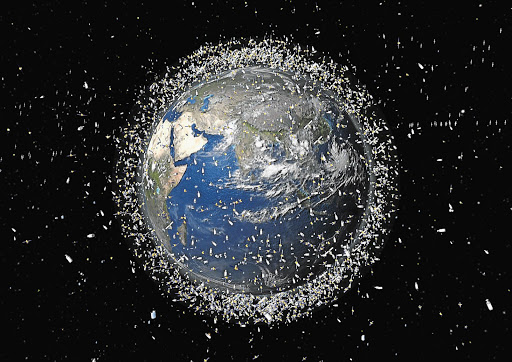Obvious omissions from the otherwise great existing answers are: political problems, money problems. These are often linked.
No large nations or governments
Maybe no large nations were created. What looks like the USA in our world ends up breaking down into just the smaller, individual states as their own countries. Canada, Russia, China, India, and other large countries never formed or were destabilized and broke down into small, regional dynasties or other governments. Because of this, it would take a large group of these countries to be able to afford a reasonable space program.
A program like NASA takes billions of dollars to fund every year. Without the cooperation of multiple small countries, it just isn't possible, and the lack of trust among these small countries makes it impossible.
No governmental interest
Politicians just don't care about space travel. They don't think their voters know anything about it, so disregard their requests to do anything about it. Russia just wasn't interested, so never launched Sputnik, which never spurred the Americans to reach the moon.
Besides, there's better things to be spending money on, like feeding the poor, education, paying people living wages, keeping taxes low, paying off the national debt, preventing climate change, and more. And in this world, those things are actually being done. With these programs making life better for everyone, there's no pressing need to leave the planet. Asteroids? That only happened to the dinosaurs and in video games. It's not a real threat, is it?
Endemic financial problems
Money is not stable. The stock markets are manipulated by the AI, big banks, and stock brokers so only the rich have any money. They've also manipulated the laws so they don't have to pay taxes and they don't have to pay their workers much. This means the taxes brought in to pay for governmental projects is severely limited.
It's so limited that roads turn to gravel before they are repaired, bridges fall down and have to be replaced with barges, damns burst and aren't replaced, welfare programs are non-existent, and about the only thing the government can manage is to stay out of constant wars for limited resources, including food and water. They don't have time and money to spend on programs that take food and housing away from citizens.
There is advanced technology for the rich, but squalor and starvation for the rest. The world's rich have 90% of the wealth (instead of ~43%).
With this massive wealth gap, and simple short-sighted greed, the wealthy don't care about space. They don't have any interest in leaving the world they run. They also don't care to risk their lives just for a ride, even if it is into the history books. The only thing they want to be known for it being the richest person in the world, and that can change daily, so the longer they remain the richest, the more status they get.
They also don't care about spending the billions of dollars a year it would take to get into space. To them, it's a massive drain that would prevent them from being the richest person, so that's just out of the question. There's no Return On Investment, which makes that spending pure waste, so it goes against everything they've been taught is important by their family, friends/social clique, and world history.

